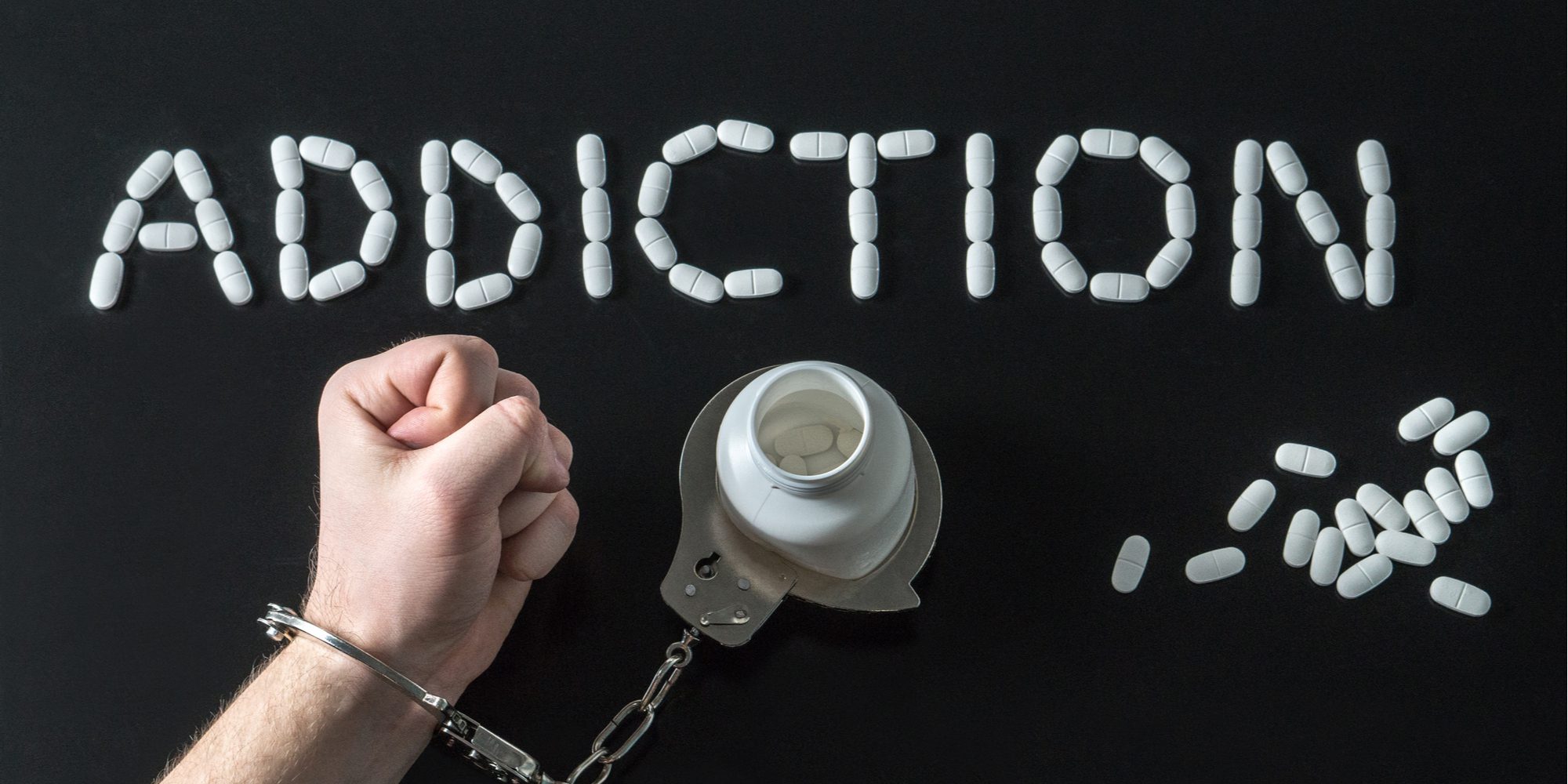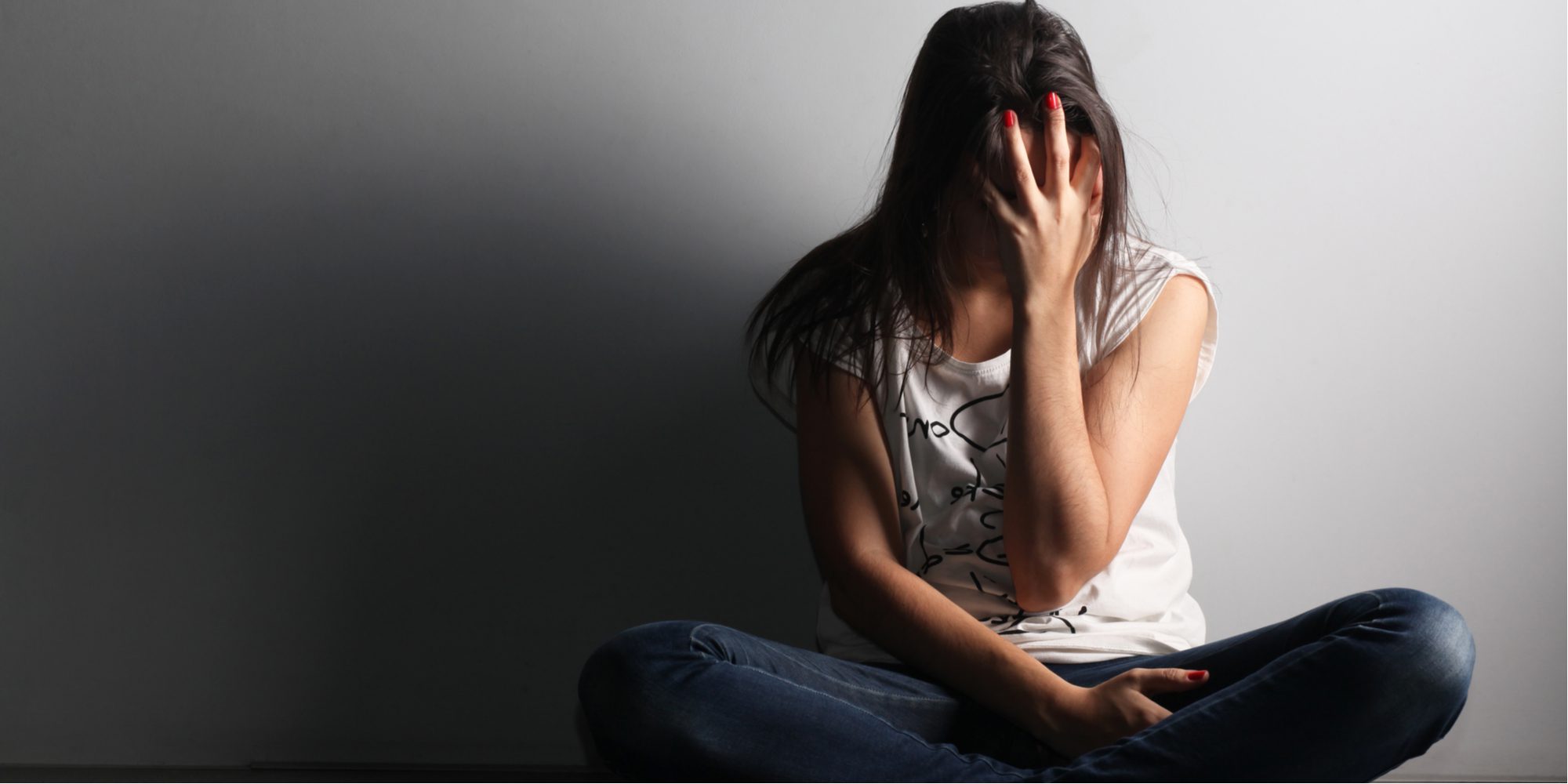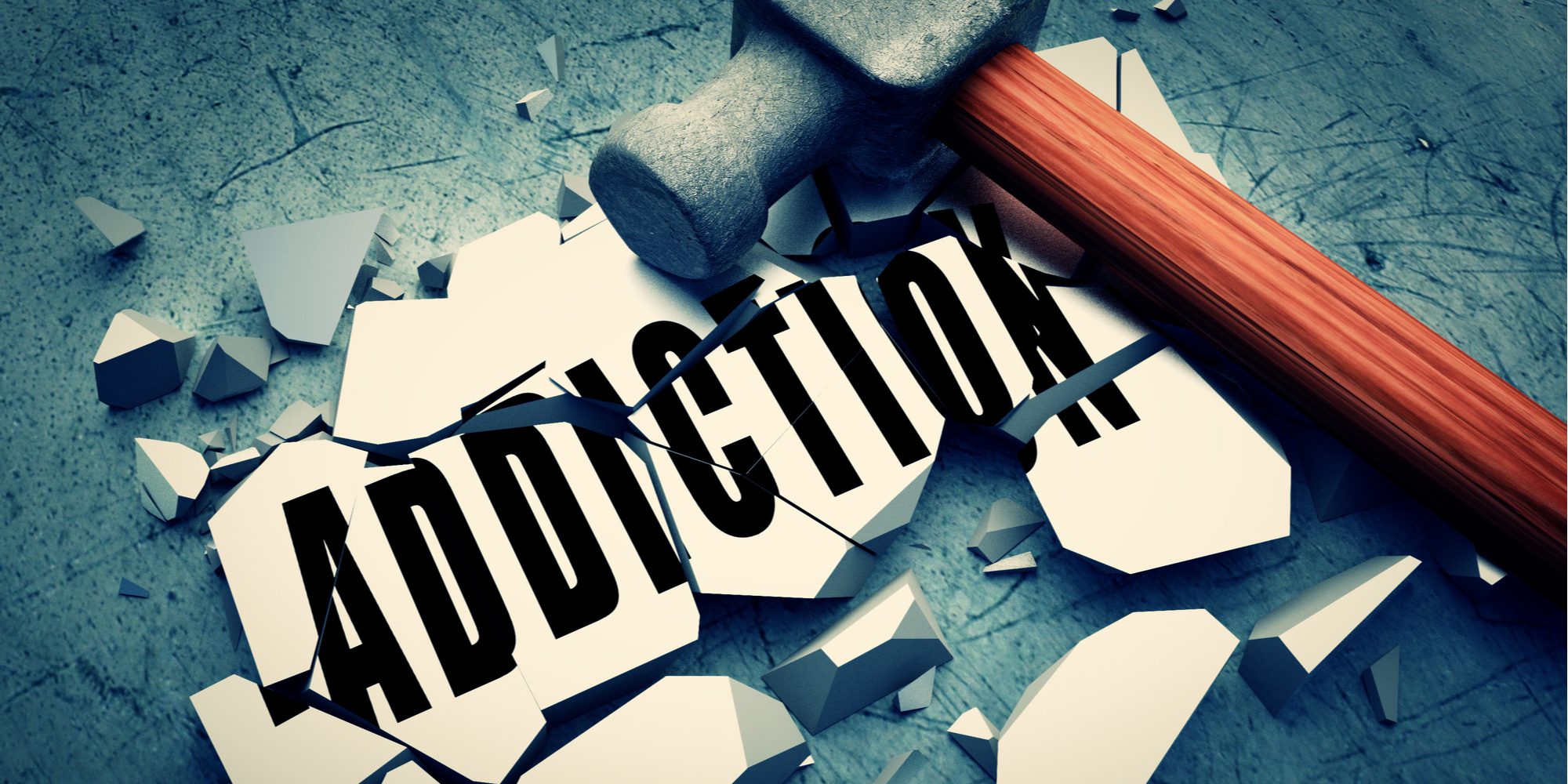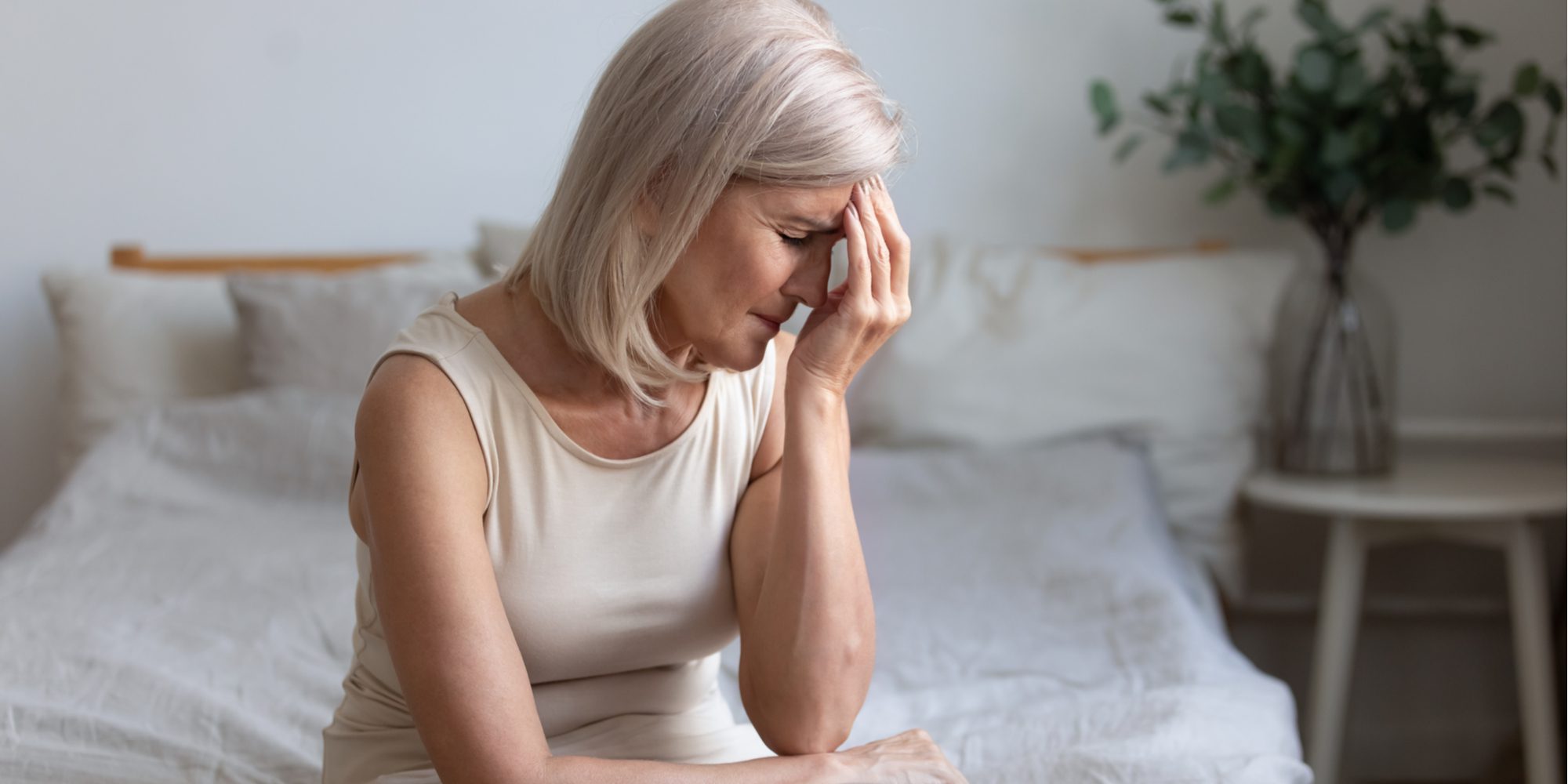The symptoms of drug addiction aren’t always obvious. That’s because many people struggle with the difference between addiction and recreational use. While many drugs carry inherent risks of addiction, most people don’t become addicted to most substances after using them once.
Drug addiction doesn’t come with a sign that announces that you have a problem to the world. Whether you’re wondering if you have developed a dependency on prescription drugs or you worry that a friend or family member has developed an addiction, these signs and symptoms can help you determine if there’s a problem that requires help.
Contents
Change in Appearance

You may not notice a change in your appearance, but family members and friends are much more likely to notice changes in how you look. Since you see yourself every day, and because changes can be gradual, you may not notice them. However, friends and family who may see you once a week or once a month may notice the change as something sudden. Thus, if people tell you that you look different, there is probably some truth to that.
Changes can sometimes be drastic, especially over time, but they don’t always have to be that serious. For example, someone with an alcohol or drug problem might have red eyes or dilated pupils. Weight loss can also be a sign of a drug addiction when it can’t be explained by other behaviors, like a dietary change.
If you notice changes in your loved one’s appearance, this could also suggest a drug addiction. For example, if your loved one used to apply makeup regularly and no longer wears it, this could be a symptom of drug addiction if it occurs alongside other symptoms. Of course, changes in appearance are common since peoples’ tastes change, so a change in appearance should not be taken as concrete proof of drug addiction by itself.
Change in Behavior
You can also expect to see changes in behavior, whether you’re the one with a substance abuse problem or it’s a loved one you’re worried about. Slurred speech is often the norm when speaking with someone who has an addiction to a legal prescription or illegal drug, as are clumsy movements and accidents, like frequent tripping or dropping things.
Changes in behavior can also include things that are a little bit more difficult to pinpoint, like being more secretive about personal space or whereabouts. People with substance use issues often feel ashamed of this issue. So if your loved one suddenly seems to be hiding something, this could be a symptom of drug addiction. Of course, if they were always a private person, then being secretive may not indicate a substance abuse issue.
Problems With Relationships, Work, and School
It’s normal to have problems in many areas of life when you or someone you care about struggles with an addiction. One of the major symptoms of drug addiction to consider is whether they have problems with relationships, work, or school.
Substance use disorders are hard on intimate relationships. Because people may act differently or feel pressured to hide their drug use, this can create stress in any relationship. This is especially normal among spouses and romantic partners, but it is not exclusive to them. In fact, it’s common for people with substance abuse problems to lash out at friends and slowly stop speaking to them entirely. Unfortunately, drugs often become more valuable to them than relationships, which can make it even harder for an outside observer to help them.
Signs of abuse also include trouble getting to work on time or focusing at work, as well as trouble performing well in the classroom. Again, since drugs become the individual’s main priority, other obligations tend to fall to the wayside.
Preoccupation With Your Drug of Choice

As a drug addiction progresses, it’s normal to become more and more preoccupied with your drug of choice. That includes things like thinking about the next time you will take the drug, what you’re going to do to make sure you don’t run out so you can avoid withdrawal symptoms, and where you’re going to get the money in order to buy more. When drug use becomes a near-constant thought, that is perhaps the most tell-tale symptom of drug addiction.
To someone looking in at an addiction from the outside, it may mean that a friend or loved one is suddenly unavailable during certain times of the day. They may decline invitations they once would have accepted, or they may spend time with new friends that you’ve never met. This is a good indicator that they are spending their time with other drug users.
Loss of Interest in Things That Used to Bring Joy
Did you used to love spending a lazy Sunday afternoon reading a book or painting? Or maybe your loved one used to enjoy whipping up cookies and cupcakes for events, but it has been months since you’ve enjoyed one of their confections?
A drug addiction takes up a lot of time, and there is a lot of concern over what will happen if they run out. With such a heavy preoccupation with a drug, it’s hard to find time for anything else. Depression is another possibility, since it also results in loss of interest with favored activities, so use the other items listed here to determine what the cause may be.
Where to Get Help
If you think you might have a problem, you should research treatment facilities that offer addiction treatment services. Many programs, like the ones offered by Baton Rouge Behavioral Hospital, offer detox programs for alcohol, illegal drugs, and prescription drugs. You will have access to dual diagnosis programs, which can help you tackle mental health challenges that may have contributed to your addiction, and you can choose between inpatient and outpatient programs, depending on the severity of your addiction and your particular lifestyle.
If you’re worried about a loved one, it’s a good idea to look into treatment programs too. You can contact the center that provides addiction programs, and they can tell you more about the specific symptoms of drug addiction that are associated with specific kinds of drugs. They can advise you on the best way to help your friend or family member get the help they need.
Contact Baton Rouge Behavioral Hospital by clicking here or calling 225-300-8470. We want to help you in any way we can, whether you’re dealing with a possible addiction yourself or you’re worried about a loved one.















